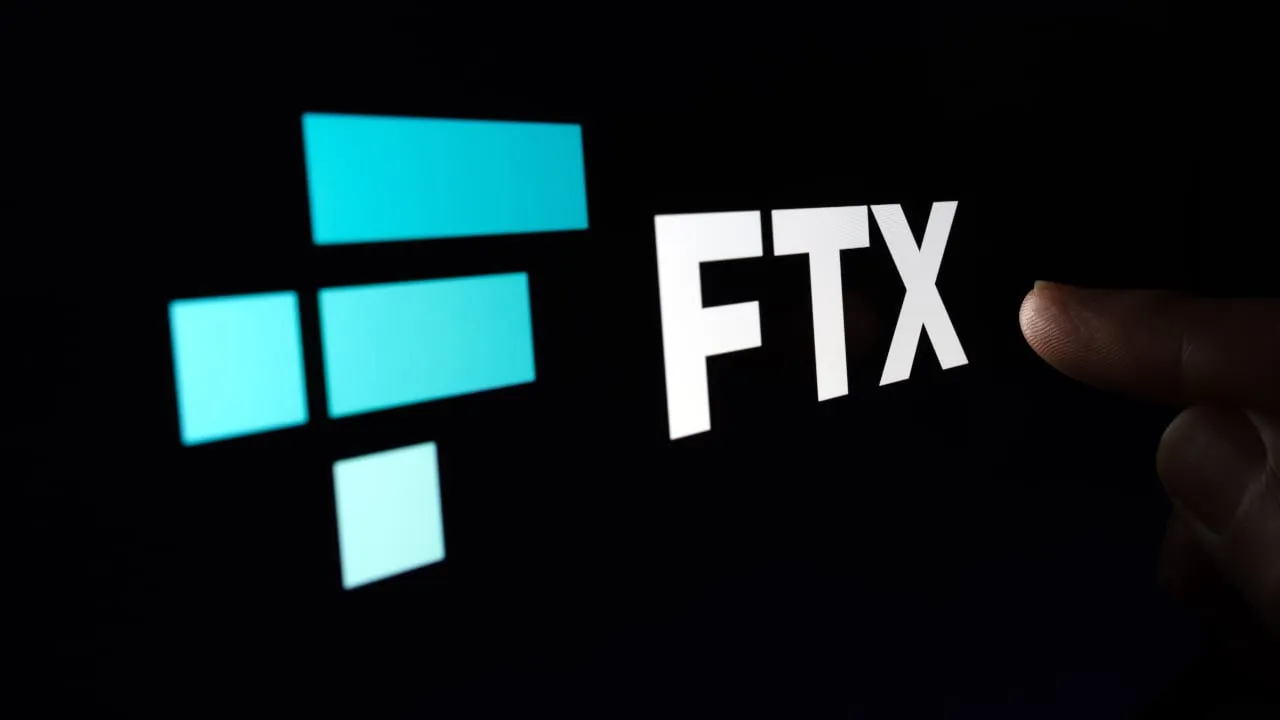FTX co-founder Gary Wang testified in court that Sam Bankman-Fried and his inner circle committed wire fraud.
"We allowed Alameda to withdraw unlimited funds," Wang said on Thursday afternoon, referring to the trading desk Alameda Research, founded by Bankman-Fried, having access to customer deposits of the crypto exchange and sister company FTX.
FTX co-founder Gary Wang pleaded guilty and agreed to cooperate with authorities in the FTX investigation. He's been friends with Bankman-Fried since high school and helped set up the crypto behemoth FTX, but maintained a much lower profile than Bankman-Fried during the crypto company’s golden years.
The way Wang explained it, Alameda had a large line of credit, a way to place orders that got executed faster on FTX's platform, and could withdraw unlimited funds. It was allowed to carry a negative balance, he said. By the time FTX collapsed, Alameda had withdrawn $8 billion from the platform and had drawn $65 billion on its line of credit, Wang said during his testimony.
Alameda's indebtedness set it apart from other market makers that traded on FTX, he added. Other market markers typically had lines of credit in the single or double-digit millions—not billions, said Wang.
Wang also disclosed that he earned a $200,000 annual salary with 17% equity in FTX. Meanwhile, Sam owned "like 65%" of the company, Wang said during his testimony. When it came to Alameda Research, Bankman-Fried owned 90% of the company while he retained 10%.
During his time at the company, Wang said he was allowed to withdraw $200,000 from the company to build a house and was given access to up to $300 million to use to invest in other startup companies.
During his testimony, Wang said that Bankman-Fried handled public facing duties like lobbying and talking to the media, while his role was limited to coding.
Court adjourned before Wang could complete his testimony. Judge Lewis Kaplan said the prosecutors could continue tomorrow morning.
Matt Huang, a managing partner at venture capital firm Paradigm, also provided testimony on Thursday, saying that his firm wouldn't have invested $278 million in Bankman-Fried's companies if it had known that the funds would be siphoned off to Alameda Research. The firm's investment has now been marked down to zero, he said.
Huang also said that Paradigm was initially skeptical about what he called FTX's "unique governance structure." During cross-examination by Mark Cohen, one of the attorneys representing Bankman-Fried, Huang said that Paradigm had asked that it be granted a seat on FTX's board and that it wasn't the only investor to have asked about it.
After raising concerns about frontrunning, a practice that involves trading on insider information, Huang said Paradigm was told by Bankman-Fried that Alameda Research received no preferential treatment on FTX's crypto exchange.


